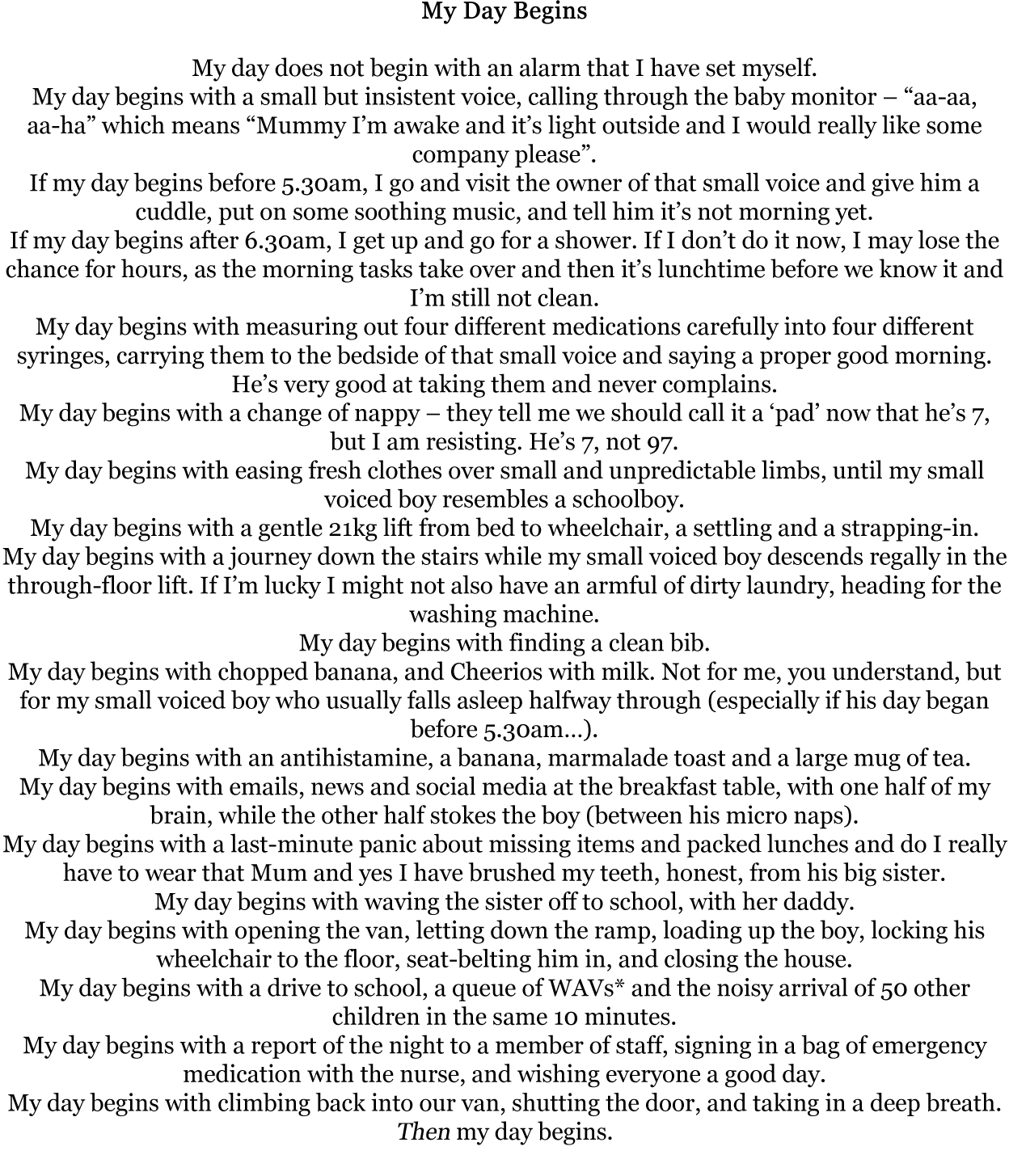Article Summary by Richard Gorman and Bobbie Farsides
Our article, ‘Writing the Worlds of Genomic Medicine: Experiences of Using Participatory-Writing to Understand Life with Rare Conditions’ is part of our work on the Wellcome Trust funded ‘Ethical Preparedness in Genomic Medicine’ research project at Brighton and Sussex Medical School. We’ve been working with a group of people with lived experience of rare genetic disease to explore different ways of creating representations, stories, and conversations about the patient experience of genomic medicine. Though the genomics agenda has been much celebrated, at present we are less aware of how families see the impact on their lives of the positive imagined futures presented by scientists, clinicians, and policy makers. Our ambition is to use arts and humanities approaches as a way to inform ethical thinking about this emerging area of medical practice.
There is a long tradition of utilising stories, narratives, and writing as a way to prompt healthcare professionals to reflect on medical practice. In this article we explain our process of developing a ‘participatory-writing’ methodology. Working with a writing tutor, we organised a series of workshops for people affected by rare genetic conditions. Each session involved different creative writing exercises, designed to enable both novice and experienced writers to begin to build confidence in expressing lived experience. Our approach was not to extract stories from our participants, but enable them to recount the stories that were of importance to them.
The pieces of writing that were produced are powerful, evocative, and revealing, highlighting what everyday life is like for the people who live with, and care for, those with genetic conditions. They also demonstrate the value that arts-based research methods can have in prompting greater understanding of the everyday lives of families affected by rare disease, having the potential to affect readers in ways that formal academic writing cannot.

Listen to the author discuss the article below:
Read the full article on the Medical Humanities journal website.